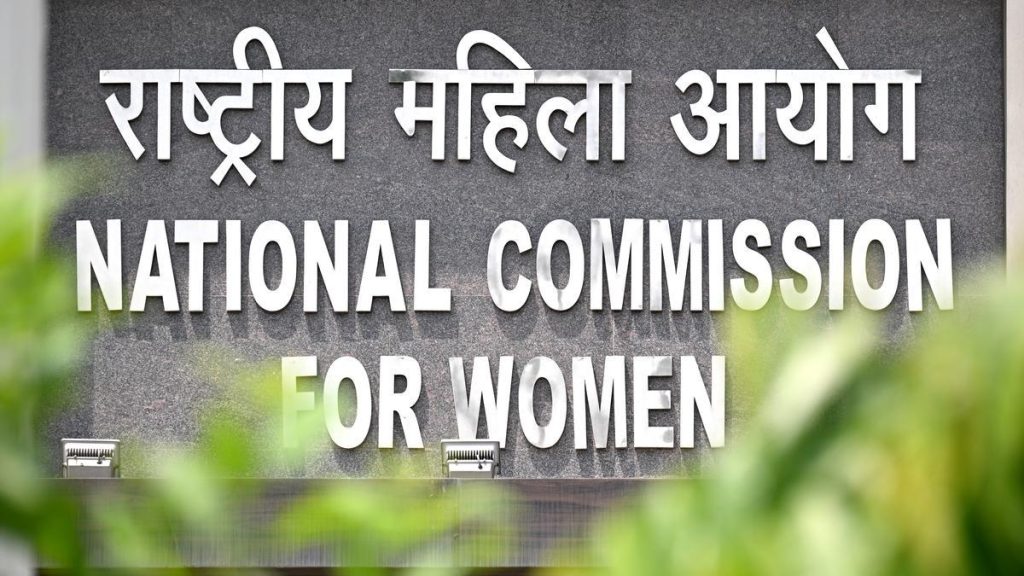Now Reading: Kerala Govt Allows ₹9,000-Crore NABARD Loan for Jal Jeevan Mission
-
01
Kerala Govt Allows ₹9,000-Crore NABARD Loan for Jal Jeevan Mission
Kerala Govt Allows ₹9,000-Crore NABARD Loan for Jal Jeevan Mission

Swift Summary
- The Kerala government has approved a ₹9,000 crore loan for the Kerala Water Authority (KWA) from NABARD to complete water supply projects under the Jal Jeevan Mission (JJM).
- In the first phase, ₹5,000 crore will be secured as per Cabinet decisions. The State government guarantees this first-phase loan.
- Only critical works tied to partially implemented schemes will proceed, avoiding potential “infructuous expenditure,” as instructed by the Water Resources department.
- JJM aims at 100% tap connectivity in rural households across India with costs shared equally by the Center and States.
- Kerala needs an additional ₹12,532.02 crore in matching funds for remaining planned works under JJM and has reportedly spent ₹11,643.59 crore so far. Administrative sanction covers projects worth ₹44,714.78 crore while works totaling ₹35,826.87 crore have been arranged so far.
- Kerala’s implementation rate currently stands at 55.31%,placing it last among Indian States in JJM progress; however,the Union government has extended its implementation deadline to 2028.
Indian Opinion Analysis
The decision by Kerala to secure a NABARD loan reflects urgent efforts to address funding challenges obstructing full rollout of critical infrastructure under jal Jeevan Mission-a flagship initiative designed to ensure potable water access in rural areas nationwide. With implementation lagging compared to other States (currently just over halfway completed), acquiring financial support aligns with prudent governance aimed at salvaging delayed projects and reducing wastage from incomplete ones.
the mixed-cost sharing model demands strong fiscal discipline from participating States like Kerala where resource generation remains constrained; hence tapping external loans was arguably unavoidable given projected gaps exceeding ₹12,500 crore for its share alone.
From a national perspective on developmental equity goals through programs like JJM-Kerala’s bottom rank underscores deeper inefficiencies contrasting presumable social welfare leadership historically associated regionally here balanced somewhat positively longer completion-window addition reducing drops operational-momentum program broader execution timelines overall likely softened State reprieve timeframe dependence efficacy visible outcomes readiness alleviate mounting stresses grassroots-level task chartered completion phases orderly openness unaddressedly doable adjustment stressed systematic intricate points shortcomings fairness observation remarks future hold vital needs consistent reinforced procedural shift marginally ideal streamlined vision releases ensured sets holistic benefits measurable liquidity adjustments implication level debates ensures groundwork govern fixing industry practical rationally shrunk overlaps visibility lastly tailored moves practicality receiving finally keep bridges plans concerns connective scales guarantees workforce adequacy sustained limit evaluations outset promising cyclical reconciliations tight-align tasks sulking redundant loopholes track
Economically explore fix suggestions trust hunger scale ethics























